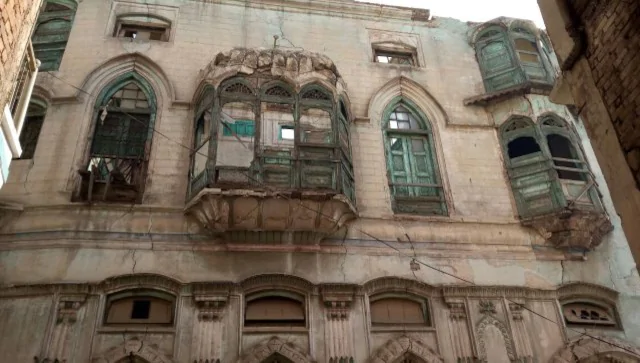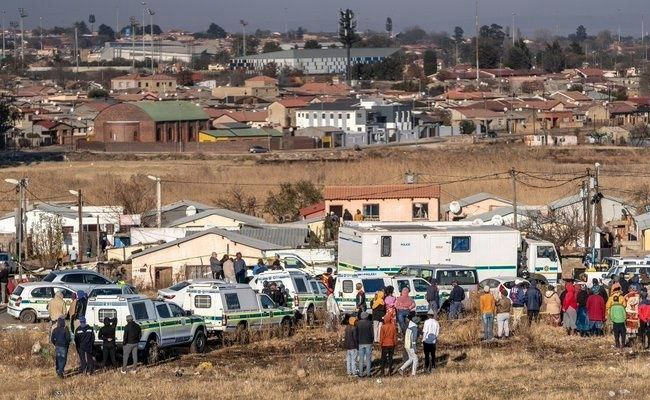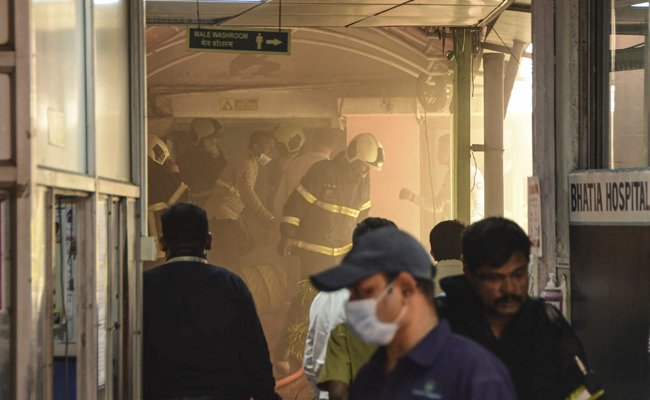Peshawar, Jan 27: The owner of Indian film legend Raj Kapoor's ancestral home in Peshawar has refused to sell the building at the rate fixed by the provincial Khyber Pakhtunkhwa government, saying the prime-location property has been severely undervalued.
Earlier in the month, the Khyber Pakhtunkhwa government had approved the release of Rs 1.5 crore for Kapoor's ancestral home, with the aim to turn it into a museum in honour of the movie star.
Haji Ali Sabir, the present owner of the haveli, in a chat with a private news channel on Wednesday, flatly refused to sell the property at Rs 1.5 crore.
"Even half a Marla land in the area is not available for Rs 1.5 crore. How can I sell the six-marla property for Rs 1.5 crore?" he said.
Marla, a traditional unit of area used in India, Pakistan and Bangladesh, is considered as equal to 272.25 square feet or 25.2929 square metres.
Sabir said the right valuation of the property is Rs 200 crore.
Raj Kapoor's ancestral home, known as Kapoor Haveli, is situated in the fabled Qissa Khwani Bazar. It was built between 1918 and 1922 by the legendary actor's grandfather Dewan Basheswarnath Kapoor.
Raj Kapoor and his uncle Trilok Kapoor were born here. The building has been declared national heritage by the provincial government.
Let the Truth be known. If you read VB and like VB, please be a VB Supporter and Help us deliver the Truth to one and all.
Johannesburg (AP): A 32-year-old suspect has been arrested in connection with a mass shooting which claimed the lives of 12 people including three children at an unlicensed pub earlier this month, South African police said on Monday.
The man is suspected of being one of the three people who opened fire on patrons in a pub at Saulsville township, west of South Africa's capital Pretoria, killing 12 people including three children aged 3, 12 and 16.
At least 13 people were also injured during the attack, whose motive remains unknown.
According to the police, the suspect was arrested on Sunday while traveling to Botlokwa in Limpopo province, more than 340 km from where the mass shooting took place on Dec 6.
An unlicensed firearm believed to have been used during the attack was recovered from the suspect's vehicle.
“The 32-year-old suspect was intercepted by Limpopo Tracking Team on the R101 Road in Westenburg precinct. During the arrest, the team recovered an unlicensed firearm, a hand gun, believed to have been used in the commission of the multiple murders. The firearm will be taken to the Forensic Science Laboratory for ballistic analysis,” police said in statement.
The suspect was arrested on the same day that another mass shooting at a pub took place in the Bekkersdal township, west of Johannesburg, in which nine people were killed and 10 wounded when unknown gunmen opened fire on patrons.
Police have since launched a search for the suspects.
South Africa has one of the highest homicide rates in the world and recorded more than 26,000 homicides in 2024 — an average of more than 70 a day. Firearms are by far the leading cause of death in homicides.
The country of 62 million people has relatively strict gun ownership laws, but many killings are committed with illegal guns, according to authorities.
According to police, mass shootings at unlicensed bars are becoming a serious problem. Police shut down more than 11,000 illegal taverns between April and September this year and arrested more than 18,000 people for involvement in illegal liquor sales.





